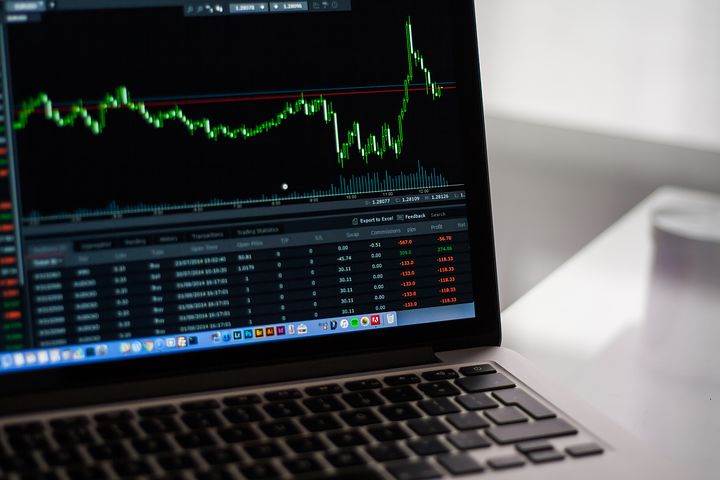 Asian stock benchmarks surged on Monday afternoon in Asia after the pro-democracy camp won a shocking victory in Hong Kong’s district council elections. The vote, with record high turnout, was surprising for both Hong Kong’s politicians and analysts worldwide, and sent a message that the current government lacks the trust and authority it needs to advance the agenda of the people.
Asian stock benchmarks surged on Monday afternoon in Asia after the pro-democracy camp won a shocking victory in Hong Kong’s district council elections. The vote, with record high turnout, was surprising for both Hong Kong’s politicians and analysts worldwide, and sent a message that the current government lacks the trust and authority it needs to advance the agenda of the people.
The market rally comes as the deadline for “phase 1” of the U.S.-Sino trade deal nears, and optimism fades that a deal will be reached. Washington has continually expressed optimism that a deal will be reached, but few details have been released, and traders are growing wary of the seemingly empty promises. It was originally anticipated that the first part of the trade deal would be confirmed as early as the end of November, but with that deadline rapidly approaching and many open items remaining for negotiation, analysts and traders are both now concerned about whether the deal will pass by the end of 2019, and whether it will be possible to find enough common ground to pass a “phase 2” of the deal.
Hong Kong’s Hang Seng Index was up 1.54 percent as of 2:55 p.m. HK/SIN, after surging over 1.70 percent earlier in the session. South Korea’s Kopsi advanced 1.02 percent, while Japan’s Nikkei 225 was up 0.78 percent.
Currency Movements
On the currency markets, renewed hopes for a quick Brexit sent the pound higher, with the currency trading up 0.18 percent against the dollar by mid-afternoon in Asia. The pound was last trading at $1.2853. The dollar surged against the yen, trading up 0.18 percent to 108.84.
Oil futures rode the waves of optimism higher, with U.S. WTI futures up 0.36 percent to $57.98 per barrel and Brent crude futures up 0.41 percent per barrel to $63.65. Also pushing prices higher is anticipation about the OPEC policy meeting in December which is expected to end with an extension, and possibly expansion, of production cutbacks to help keep prices stable.
In the absence of expected major news releases today, markets are expected to hold steady to start this shortened trading week. Traders are now waiting to see if U.S. President Donald Trump will pass the recent legislation regarding Hong Kong that passed the U.S. Congress. If the pro-Hong Kong legislation passes, it could upset Beijing and complicate the already tenuous trade negotiations.
